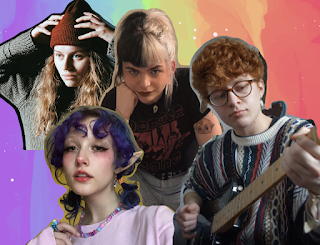The Everyday Sexism Project
As I was doing some research for a previous article of mine, I stumbled across an article that mentioned something called “The Everyday Sexism Project.” The name intrigued me, so I hopped onto their website to see what it was about, and I loved what I found. The Everyday Sexism Project is a project that seeks to give women a voice to talk about gender inequality. Their website allows people to submit their stories or experiences with gender inequality so that they can have a platform to share things that happened to them because of their gender. It has an archive of what appears to be thousands of submissions. Their “about” page on the site states that it has become “increasingly difficult to talk about sexism, equality and women’s rights in a modern society that perceives itself to have achieved gender equality.” Women are constantly labeled as crazy, uptight, or prudish for speaking up about inequality they have faced because of their gender, so it belittles them as pe







